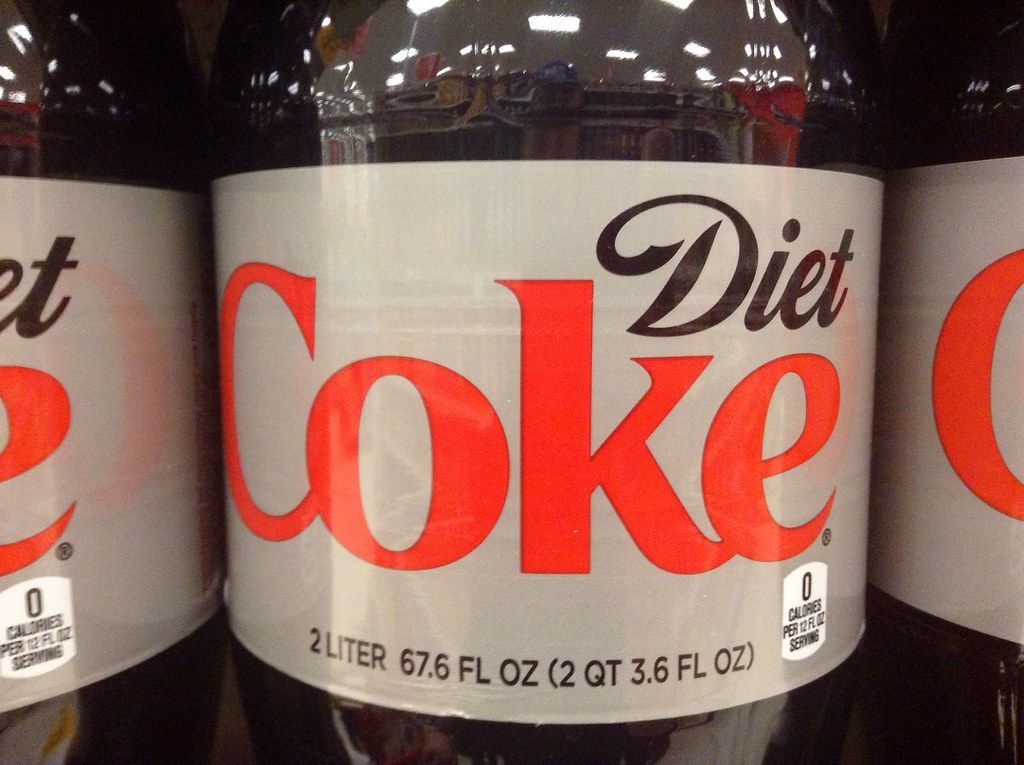
Zap the Food Chatter: All About "Food Noise"
- Apr 22, 2024
Imagine you're having breakfast, but your brain is already planning lunch. Welcome to the unending world of "food noise". This relentless culinary chatter is a stealthy contributor to weight gain and obesity. Picture it as an intrusive roommate in your head, constantly babbling about food. And for some, no matter how much they diet or exercise, that food-centric chatter doesn't go quiet, making weight loss a Herculean task.
The journey of understanding food noise started relatively recently, riding the wave of new injectable obesity treatments like Wegovy and Zepbound. It's with the emergence of these drugs, part of the GLP-1 receptor agonists family of medicines, that we began to appreciate they not only curb hunger, but also, intriguingly, can mute food noise.
Why, though? The science isn't entirely clear yet, but we do know these treatments boost production of GLP-1, a hormone released after eating that gives us the 'full' signal. Obesity is often associated with lower levels of GLP-1, which could partially explain the heightened food noise. With GLP-1 drugs, GLP-1 levels are restored to normal, potentially softening the intrusive thoughts about food.
Users report a reduced impulsive need to eat, even when confronted with their favorite food ads or restaurants - like having a food-related mute button. More importantly, it seems these drugs free up a mental space once hijacked by thoughts of food, enabling people to shift focus to other areas of life.
Of course, not all solutions lie in a pill bottle. You can also manage food noise through certain behavioral strategies - planning meals, avoiding food ads, not bringing tempting foods home, and finding other activities to occupy your mind.
Interestingly, significant weight loss can also help reduce food noise, as it affects hormones linked to food cues. And while these interventions can certainly aid in managing food noise, unlike GLP-1 drugs, they don't necessarily eliminate it.
Food noise is different from hunger. Hunger quiets after you've eaten. Food noise doesn't. In fact, it could get louder when you eat something healthy instead of the food you're craving. Still, don't confuse reducing food noise with stop eating altogether - balance remains key. For example, people taking GLP-1 drugs need to ensure they're consuming quality food, even when they're not hungry.
Ultimately, while food noise can be annoying, it's not harmful unless it’s ubiquitous and impossible to ignore. For some, the real challenge is not just about silencing the food noise but about understanding and addressing the underlying psychological issues - anxiety, depression, eating disorders. It's a process, one that could definitely benefit from the support of dietitians and therapists who understand the holistic approach to health, size inclusivity, and minimizing weight stigma.
TL;DR? Breaking free from food noise doesn't mean banishing all food thoughts. It's more about food no longer holding power over you. And keep in mind, while silencing the constant food chatter, you can - and absolutely ought to - still savor your meals. Yes, even the kale.






